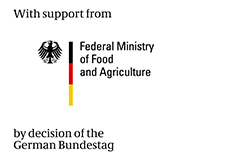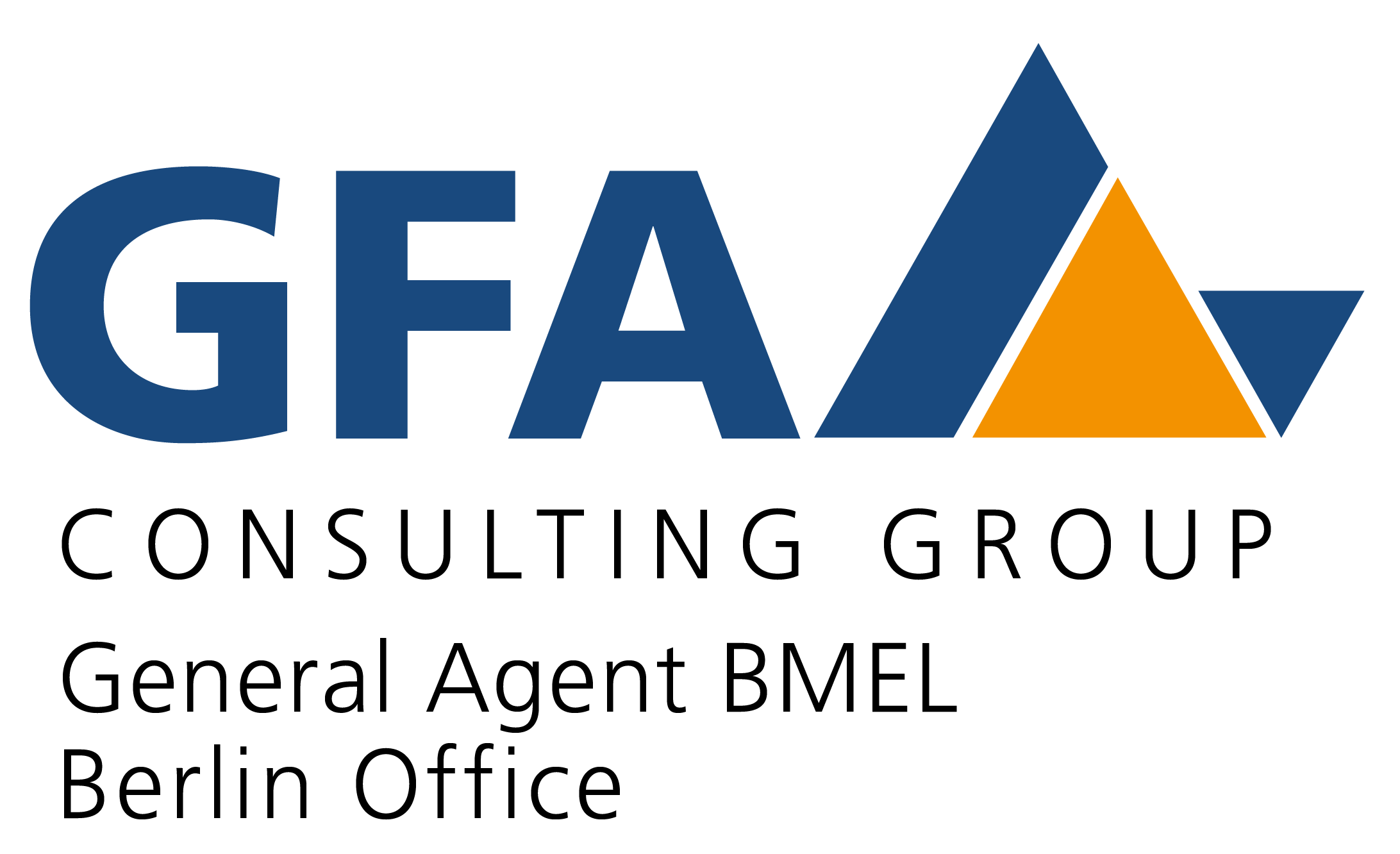Experts and audience agree: Fraud is everywhere, and additional control measures contribute to organic integrity.
During an online session on 17 February at this year’s Biofach Congress, a team of experts from around the globe found common ground with an involved audience on the title question: “Is Eastern Europe a hotspot for organic fraud? Initiatives for demonstrating Organic Integrity from countries in the region”.
While Eastern Europe has had its problems with fraud in the organic sector, the rest of the world is definitely not immune. It is increasingly clear that when stakeholders collaborate, and well-focused strategies are implemented, fraud can be managed and substantially reduced.
Hosted by the German-Ukrainian Cooperation in Organic Agriculture (COA), Elisabeth Rüegg (COA teamleader) and Stefanie Maak (AFC Consulting) teamed up with Konrad Hauptfleisch (Starfish Organic) to moderate a very fruitful discussion on this topic. They were joined by a panel of 5 experts from Central and Eastern Europe, Asia and the USA. The session was set up to not only hear from the experts, but to also consult an online audience of over 70 attendees through a series of Slido polls. This approach managed to present an interesting picture of facts and perceptions surrounding the always-topical issue of fraud.
The first podium session with Samanta Rosi Belliere of ICEA Italy, and Sergiy Galashevskiy of Organic Standard Ukraine indicated that the answer to the question in the title is not a simple “yes” or “no”. While the audience poll did support the suggestion that Eastern Europe could be seen as a hotspot, both experts also made statements challenging that perception. According to Ms. Rosi, fraud is everywhere, and currently there is a significant risk not only outside of Europe, but even more so within. It is crucial to focus on product supply chains that present a high risk rather than simply labelling countries or regions as “risky”. Mr. Galashevskiy pointed out that TRACES – the online Trade Control and Expert System – is required for any organic import into the European Union, and this has contributed positively to transparency of the supply chains. This also resulted in a marked reduction of fraud cases from the Eastern European region. He further stressed the proper risk assessment along the value chain and the implementation of preventative measures – these will be obligatory once the new Regulation (EU) 2018/848 is applied. Certification bodies play an important role to ensure that effective procedures are in place for each of their certified operators.
The second podium session with Miles McEvoy also sounded a positive note in our battle against fraud in the sector - he stated that great things are happening all over: we are seeing better risk assessments, better training of experts and stakeholders as well as better controls being implemented. During his years of work at the USDA’s National Organic Program, Mr. McEvoy was often faced with the reality of fraud, but working as consultant and expert in the Eastern European organic sector, much less so. It also supports the earlier statement that fraud is not limited to regions, but rather affects specific long supply chains. “Long chains” followed by “Farmers” and Traders” also dominated the audience poll as main fraud risk areas in the value chain. Mr. McEvoy stressed that good yield estimations and mass balance calculations at farm level are key at the start of the certification process. The potential quantities produced, processed and traded need to be assessed in full accuracy, he said. Associations, like the Organic Trade Association (OTA), can play an important role in fraud prevention.
The online discussion moved further afield with Jasurbek Rustamov, a long-term expert supporting the German-Kazakh Agricultural Policy Dialogue, presenting a view from Kazakhstan – another country hamstrung by organic fraud claims. In an answer to an opening question posed by the moderator, he highlighted the main risks in the Kazakh organic supply chain – these included the use of pesticides, sometimes not with the specific intention to commit fraud, but often due to a lack of knowledge and a lack of training. As many organic standards (including the EU) allow the simultaneous production of organic and non-organic crops on one farm, the risk of intentional or accidental comingling increases substantially. This stresses the importance of risk management and surveillance, but even more importantly, the significance of knowledge management. The online audience, in turn, felt that increased transparency in the value chain was the most important tool in the battle against fraud. Mr. Rustamov stated further that the Kazakh government is well aware of such fraud risks and is working hard towards improving the situation. The responsible ministry has actively sought exchange and discussion with the EU, while a technical committee involving key stakeholders is in the planning stage. This podium session ended with Mr. Rustamov stressing the importance of donor projects such as the current projects being implemented by AFC and IAK in the frame of the bilateral cooperation program of the German Federal Ministry of Food and Agriculture (BMEL). Such interventions contribute by building up local expertise through training and knowledge transfer. These project interventions can also play an important facilitating role between EU and the competent authorities in the target countries.
This led us into the last session of the day where Mr. Richard Moody, expert in agricultural policy in the project Agritrade Ukraine, clarified some of the effects EU legislation can have on the organic trade environment. The additional EU measures for the region under discussion are viewed to be adequate and justified as an appropriate contribution to improved risk assessment, he said. He stressed that they are neither intended as a punishment nor as a trade restriction. Mr. Moody went further to explain that such decisions were based on risk assessments at a specific time. Although there is no formal process for requesting the removal of additional control measures, governments and certification bodies should communicate evidence about improved conformity and can demonstrate implementation of the national control system in line with these EU requirements. Mr. Moody expressed the hope that such positive action may contribute to a process of removal of these additional measures in the near future.
While the EU’s reviewed organic regulation moves away from a more flexible equivalency approach, and rather focuses on stricter compliance with the EU Regulation 2018/848, respective national legislation in non-EU countries can help to enhance confidence in their organic integrity. This seems to point towards a process of harmonization of standards as a way to achieve the removal of restrictions. The opinion of 74% of the polling audience was that organic standards, regulation and certification exist to ensure the protection of consumers. The second most important role of legislation was to ensure “strict compliance”. This final Slido poll seemed to echo the opinion of Richard Moody and the position of the EU Commission.
The event was brought to a close by Elisabeth Rüegg, summarising the output of the four podium sessions.
In the final analysis, it has to be understood that the EU remains the second largest market for organic products after the USA. Together, they constitute 80% of the global market, and their trade requirements will continue to influence other standards, control systems, and as a result, the development of the global organic sector.
Source: COA








